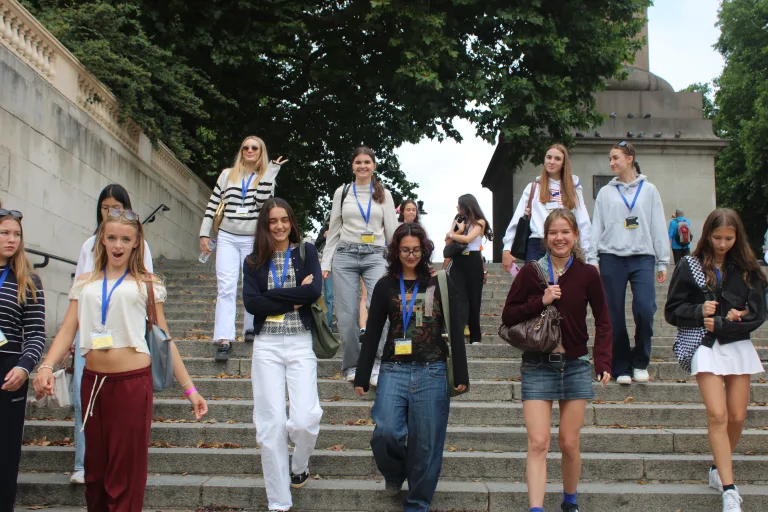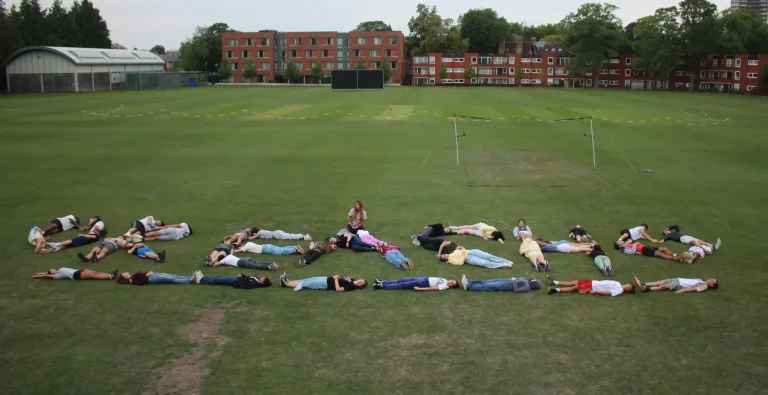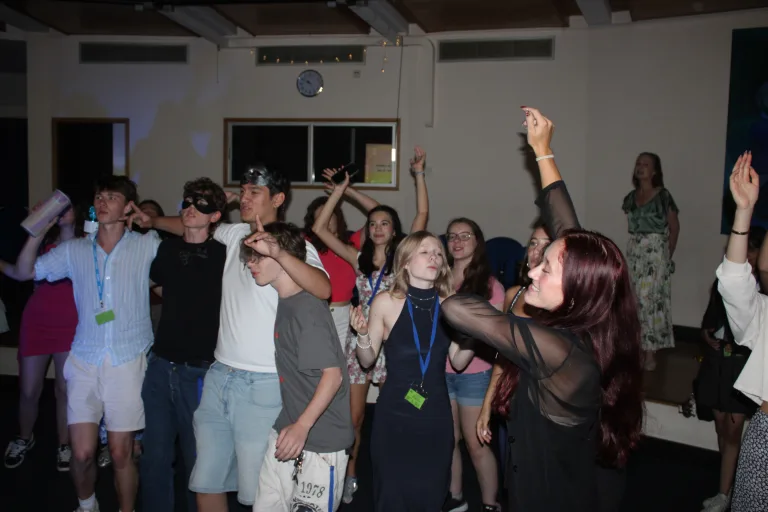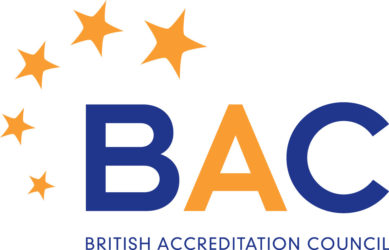It is difficult to think of Cambridge without picturing the River Cam – images of the colleges across the Backs, of students punting along the water, or rowers practicing at high speed are all immediately recognizable as part of the Cambridge experience. The Cam is a special river, not least because, unusually, it is named after the city of Cambridge and not the other way around. Boats have been navigating the River Cam since the Romans, and over hundreds of years it was used by traders to bring the goods that built the colleges and supplied the city. Once the railway arrived in Cambridge in the mid-19th century, the river slowly stopped being used in an industrial capacity, and was increasingly used for leisure and entertainment. Punting The River Cam is so shallow that many traders and anglers used ‘punts’ – flat bottomed boats with square-ends, pushed along the river by a pole. In the early 20th Century, these punts began being used by residents and tourists for ‘pleasure punting’ up and down the River. Punting is also common in Oxford, but interestingly, the ‘punter’ – the person propelling the boat forward – stands at the back of the boat in Cambridge, and at the front of the boat in Oxford. Today, punting is still the number one activity when visiting Cambridge, and it is thought that the River Cam has more punts on it than any other river in the UK. Each year, students at Reach Cambridge have a chance to try punting for themselves!
The Backs  You don’t just have to punt down the River Cam – many people hire rowboats, canoes or even kayaks! A typical trip takes you down ‘the Backs’ – along the river that runs behind some of the most famous colleges, and right through the heart of Cambridge. It’s a great chance to glimpse King’s College and see the chapel in all its glory, as well as other colleges and their gardens, and many of the river’s famous bridges. There is a popular myth about the Mathematical Bridge that connects two parts of Queens’ College. Apparently it was built by Sir Isaac Newton without using any nuts or bolts to hold it together, a masterpiece of engineering. The story goes that students or academics took the bridge apart to put it back together again, but were unable to do so without using bolts. In reality, Isaac Newton was dead by the time the bridge was built, and it only appeared that the bridge was held together without nuts and bolts because they hidden on the inside of the wood. Students also sit along the banks of the river on the Backs during the summer – revising during exam-time, or relaxing and reading when term has finished.
Rowing
Thousands turn out to watch the annual Oxford & Cambridge boat race, which was first held in 1829. While the big race happens on the River Thames, the rowing team that compete practice along the River Cam. This team are called the ‘Blue’ team – the top rowers taken from all the different Cambridge colleges. There are also lots of college rowing teams that compete along the River Cam in what are known as ‘Bumps’ races, with spectators lining the river bank. Rowing takes a lot of dedication, with rowers having to get up at dawn to practice further down the water away from the centre of town. Did you know that Hugh Laurie, famous Cambridge alumni and star of TV show ‘House’, was on the Cambridge Blue rowing team and was rowing for eight hours a day? He could have become an Olympic-standard rower, but ended up going into show business instead!
You don’t just have to punt down the River Cam – many people hire rowboats, canoes or even kayaks! A typical trip takes you down ‘the Backs’ – along the river that runs behind some of the most famous colleges, and right through the heart of Cambridge. It’s a great chance to glimpse King’s College and see the chapel in all its glory, as well as other colleges and their gardens, and many of the river’s famous bridges. There is a popular myth about the Mathematical Bridge that connects two parts of Queens’ College. Apparently it was built by Sir Isaac Newton without using any nuts or bolts to hold it together, a masterpiece of engineering. The story goes that students or academics took the bridge apart to put it back together again, but were unable to do so without using bolts. In reality, Isaac Newton was dead by the time the bridge was built, and it only appeared that the bridge was held together without nuts and bolts because they hidden on the inside of the wood. Students also sit along the banks of the river on the Backs during the summer – revising during exam-time, or relaxing and reading when term has finished.
Rowing
Thousands turn out to watch the annual Oxford & Cambridge boat race, which was first held in 1829. While the big race happens on the River Thames, the rowing team that compete practice along the River Cam. This team are called the ‘Blue’ team – the top rowers taken from all the different Cambridge colleges. There are also lots of college rowing teams that compete along the River Cam in what are known as ‘Bumps’ races, with spectators lining the river bank. Rowing takes a lot of dedication, with rowers having to get up at dawn to practice further down the water away from the centre of town. Did you know that Hugh Laurie, famous Cambridge alumni and star of TV show ‘House’, was on the Cambridge Blue rowing team and was rowing for eight hours a day? He could have become an Olympic-standard rower, but ended up going into show business instead!
 Literature
It’s not surprising that such a breathtaking setting has been used by many writers. Chaucer mentions the river at the beginning of The Reeve’s Tale, one of his Canterbury Tales. In the classic children’s book Tom’s Midnight Garden, author Phillippa Pearce describes a frozen River Cam during Victorian times, with locals skating along it and even selling food! Rupert Brooke, famous war poet, wrote of swimming in the Cam once it reached the nearby village of Grantchester in his poem ‘The Old Vicarage, Grantchester.’ Brooke, writing from Berlin in 1912, loves the River Cam so much that he says “I will pack, and take a train,/ and get me to England once again!”
Apply today and you could soon be sailing along the River Cam, crossing its many bridges or, as Rupert Brooke writes, just watching “How Cambridge waters hurry by…”
Literature
It’s not surprising that such a breathtaking setting has been used by many writers. Chaucer mentions the river at the beginning of The Reeve’s Tale, one of his Canterbury Tales. In the classic children’s book Tom’s Midnight Garden, author Phillippa Pearce describes a frozen River Cam during Victorian times, with locals skating along it and even selling food! Rupert Brooke, famous war poet, wrote of swimming in the Cam once it reached the nearby village of Grantchester in his poem ‘The Old Vicarage, Grantchester.’ Brooke, writing from Berlin in 1912, loves the River Cam so much that he says “I will pack, and take a train,/ and get me to England once again!”
Apply today and you could soon be sailing along the River Cam, crossing its many bridges or, as Rupert Brooke writes, just watching “How Cambridge waters hurry by…”
 You don’t just have to punt down the River Cam – many people hire rowboats, canoes or even kayaks! A typical trip takes you down ‘the Backs’ – along the river that runs behind some of the most famous colleges, and right through the heart of Cambridge. It’s a great chance to glimpse King’s College and see the chapel in all its glory, as well as other colleges and their gardens, and many of the river’s famous bridges. There is a popular myth about the Mathematical Bridge that connects two parts of Queens’ College. Apparently it was built by Sir Isaac Newton without using any nuts or bolts to hold it together, a masterpiece of engineering. The story goes that students or academics took the bridge apart to put it back together again, but were unable to do so without using bolts. In reality, Isaac Newton was dead by the time the bridge was built, and it only appeared that the bridge was held together without nuts and bolts because they hidden on the inside of the wood. Students also sit along the banks of the river on the Backs during the summer – revising during exam-time, or relaxing and reading when term has finished.
Rowing
Thousands turn out to watch the annual Oxford & Cambridge boat race, which was first held in 1829. While the big race happens on the River Thames, the rowing team that compete practice along the River Cam. This team are called the ‘Blue’ team – the top rowers taken from all the different Cambridge colleges. There are also lots of college rowing teams that compete along the River Cam in what are known as ‘Bumps’ races, with spectators lining the river bank. Rowing takes a lot of dedication, with rowers having to get up at dawn to practice further down the water away from the centre of town. Did you know that Hugh Laurie, famous Cambridge alumni and star of TV show ‘House’, was on the Cambridge Blue rowing team and was rowing for eight hours a day? He could have become an Olympic-standard rower, but ended up going into show business instead!
You don’t just have to punt down the River Cam – many people hire rowboats, canoes or even kayaks! A typical trip takes you down ‘the Backs’ – along the river that runs behind some of the most famous colleges, and right through the heart of Cambridge. It’s a great chance to glimpse King’s College and see the chapel in all its glory, as well as other colleges and their gardens, and many of the river’s famous bridges. There is a popular myth about the Mathematical Bridge that connects two parts of Queens’ College. Apparently it was built by Sir Isaac Newton without using any nuts or bolts to hold it together, a masterpiece of engineering. The story goes that students or academics took the bridge apart to put it back together again, but were unable to do so without using bolts. In reality, Isaac Newton was dead by the time the bridge was built, and it only appeared that the bridge was held together without nuts and bolts because they hidden on the inside of the wood. Students also sit along the banks of the river on the Backs during the summer – revising during exam-time, or relaxing and reading when term has finished.
Rowing
Thousands turn out to watch the annual Oxford & Cambridge boat race, which was first held in 1829. While the big race happens on the River Thames, the rowing team that compete practice along the River Cam. This team are called the ‘Blue’ team – the top rowers taken from all the different Cambridge colleges. There are also lots of college rowing teams that compete along the River Cam in what are known as ‘Bumps’ races, with spectators lining the river bank. Rowing takes a lot of dedication, with rowers having to get up at dawn to practice further down the water away from the centre of town. Did you know that Hugh Laurie, famous Cambridge alumni and star of TV show ‘House’, was on the Cambridge Blue rowing team and was rowing for eight hours a day? He could have become an Olympic-standard rower, but ended up going into show business instead!
 Literature
It’s not surprising that such a breathtaking setting has been used by many writers. Chaucer mentions the river at the beginning of The Reeve’s Tale, one of his Canterbury Tales. In the classic children’s book Tom’s Midnight Garden, author Phillippa Pearce describes a frozen River Cam during Victorian times, with locals skating along it and even selling food! Rupert Brooke, famous war poet, wrote of swimming in the Cam once it reached the nearby village of Grantchester in his poem ‘The Old Vicarage, Grantchester.’ Brooke, writing from Berlin in 1912, loves the River Cam so much that he says “I will pack, and take a train,/ and get me to England once again!”
Apply today and you could soon be sailing along the River Cam, crossing its many bridges or, as Rupert Brooke writes, just watching “How Cambridge waters hurry by…”
Literature
It’s not surprising that such a breathtaking setting has been used by many writers. Chaucer mentions the river at the beginning of The Reeve’s Tale, one of his Canterbury Tales. In the classic children’s book Tom’s Midnight Garden, author Phillippa Pearce describes a frozen River Cam during Victorian times, with locals skating along it and even selling food! Rupert Brooke, famous war poet, wrote of swimming in the Cam once it reached the nearby village of Grantchester in his poem ‘The Old Vicarage, Grantchester.’ Brooke, writing from Berlin in 1912, loves the River Cam so much that he says “I will pack, and take a train,/ and get me to England once again!”
Apply today and you could soon be sailing along the River Cam, crossing its many bridges or, as Rupert Brooke writes, just watching “How Cambridge waters hurry by…” 





